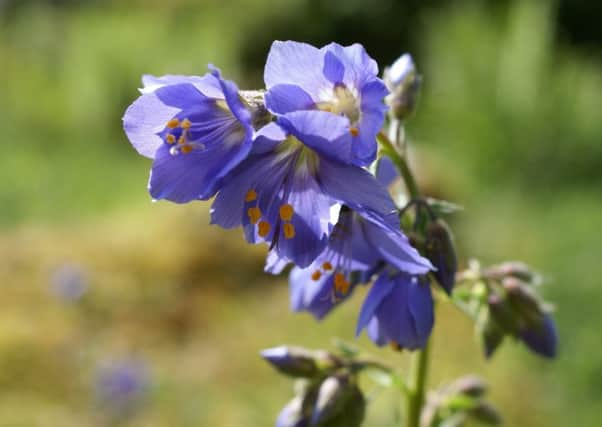COLUMN: A guide to Derbyshire's wildflowers


Bird’s-foot-trefoil
Look for this plant along unimproved grasslands, lawns, road verges, shingle banks or old railway lines, where it flowers from May to September. It’s a small plant with bright yellow flowers. It gets its name from the black seed pods that look remarkably like birds feet.
Common centaury
From June to October in dry, sparsely vegetated grasslands, grassy heaths, quarries and woodland rides, look for an upright well branched plant with delicate bright pink flowers that only open fully in bright sunshine. The plant thrives on poor soils and it was once thought to be a treatment for freckles.
Common mouse-ear
Advertisement
Hide AdAdvertisement
Hide AdThis great plant for urban pollinators can be found in lots of locations - gardens, grasslands, wastelands and walls from late March through to September. It is low-growing with loose clusters of small white flowers, each with five petals. This is a very hairy plant with pairs of small leaves along the stem.
Fairy flax
This is a very small plant with tiny white flowers each with five petals. The flower heads droop when in bud. Despite being a delicate little plant its Latin name linus catharticum indicates its former use as a powerful laxative!
Dyer’s greenweed
A low growing shrubby pea-like plant with long clusters of bright yellow flowers. The name comes from the yellow dye that can be separated from the stem. Traditionally this was mixed with blue woad to make green cloth. It is fairly rare in Derbyshire but can be found at Carr Vale Nature Reserve.
Jacob’s ladder
The county plant of Derbyshire! A tall plant with clusters of brilliant blue flowers with prominent orange stamens. Leaves are made up of six to twelve narrow leaflets, forming a delicate ladder pattern. Nationally it is a very rare plant, but it has several strongholds in Derbyshire.
Greater stitchwort
A very common plant of woodland edges, hedgerows and road verges in early summer, with abundant white flowers with five deeply split petals, and long leaves.